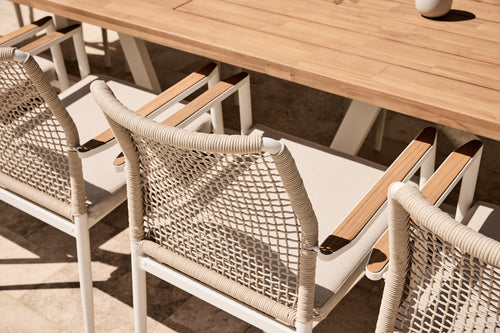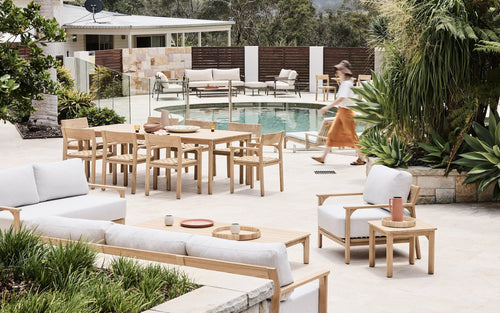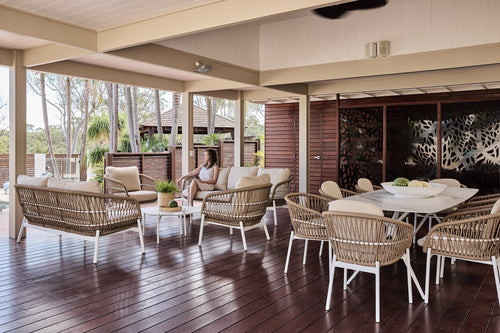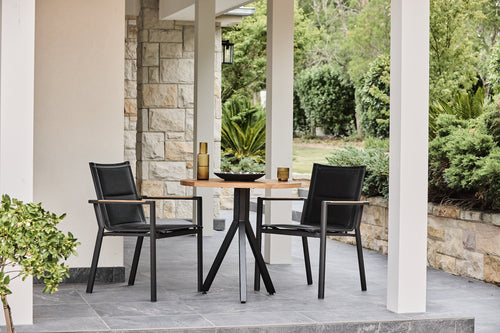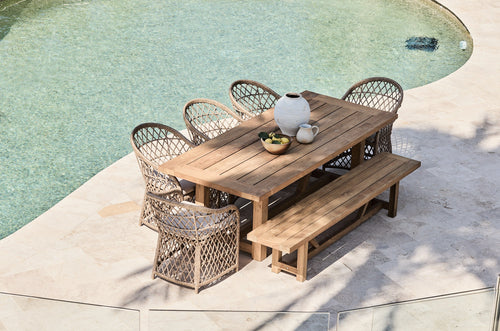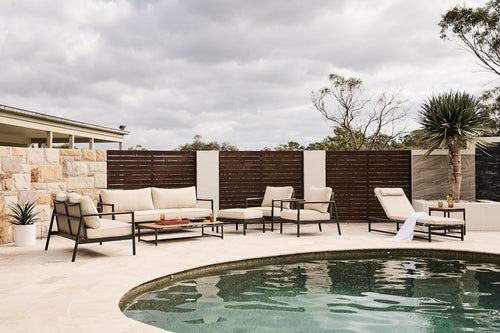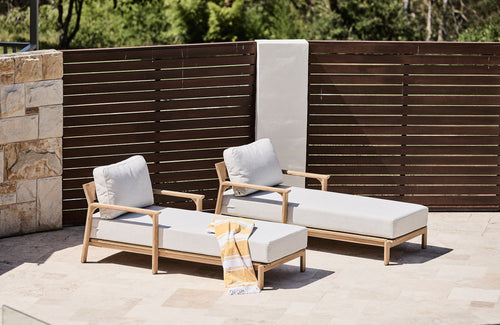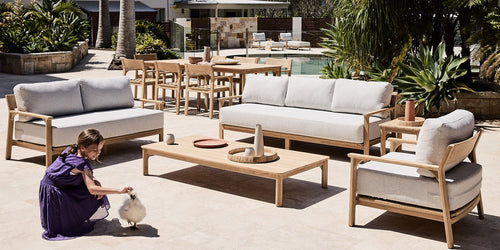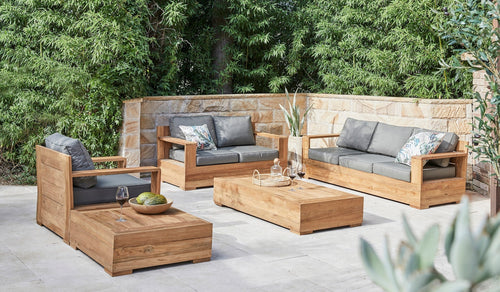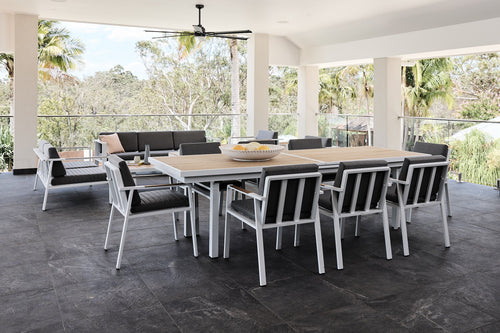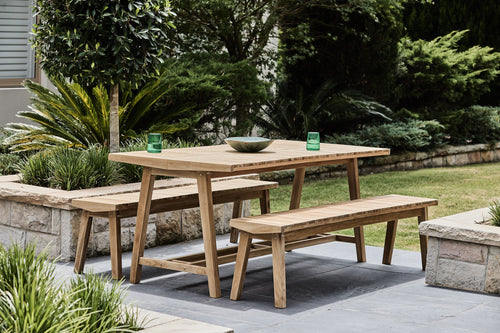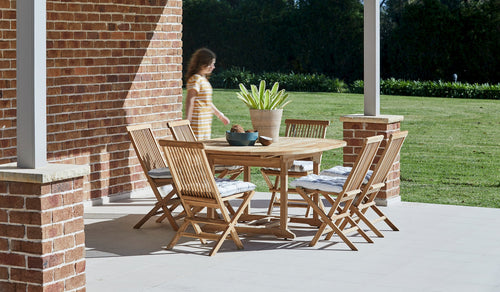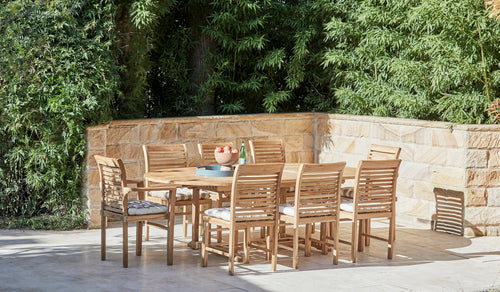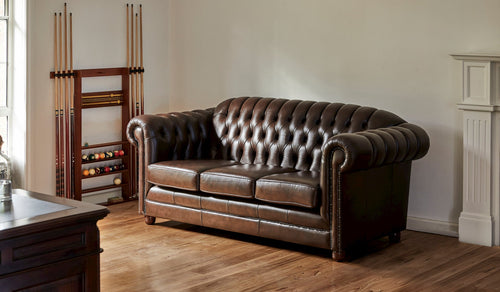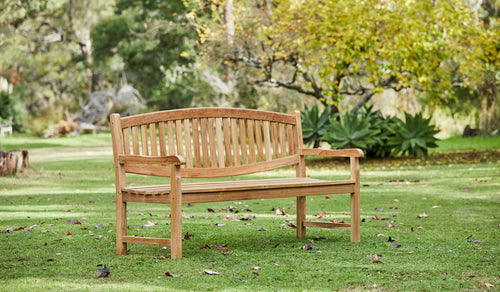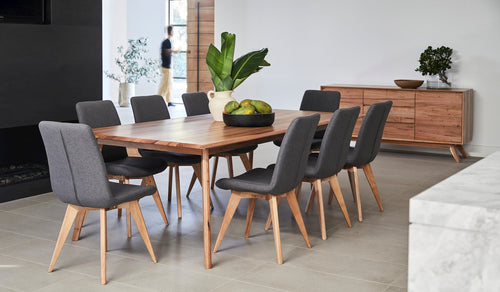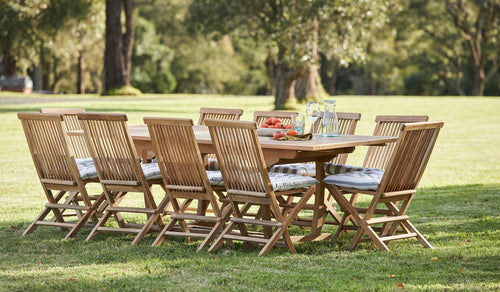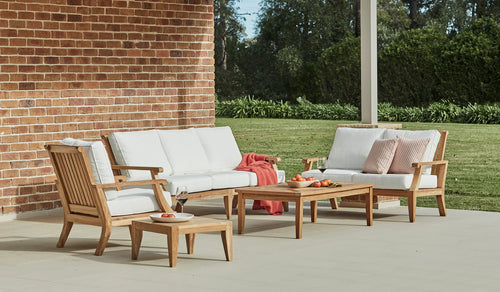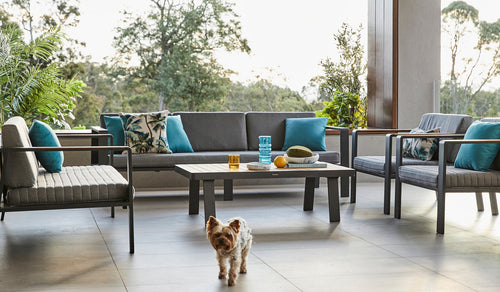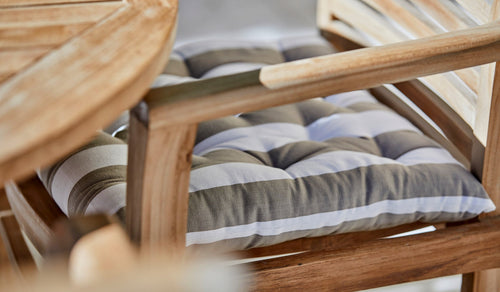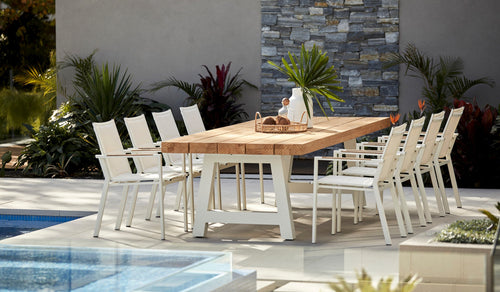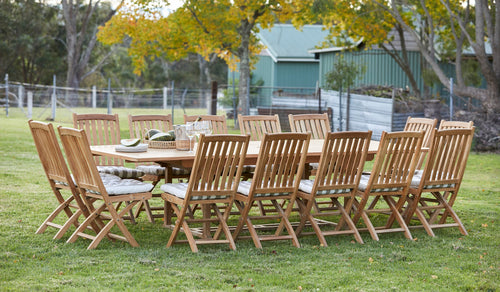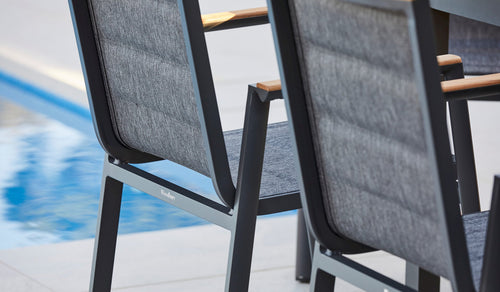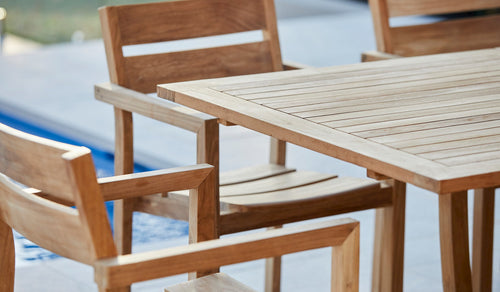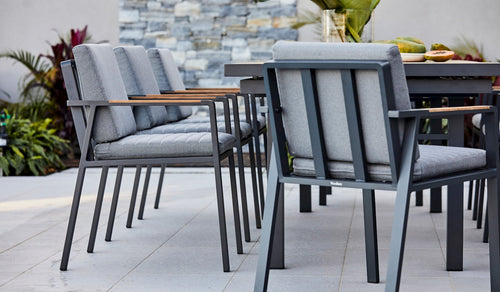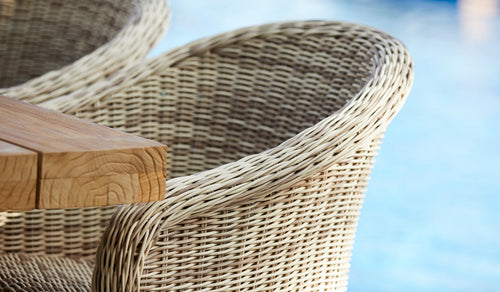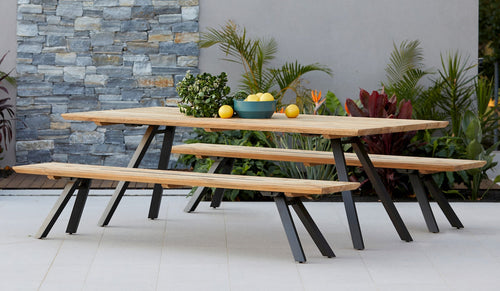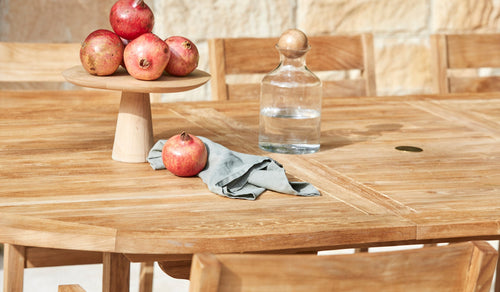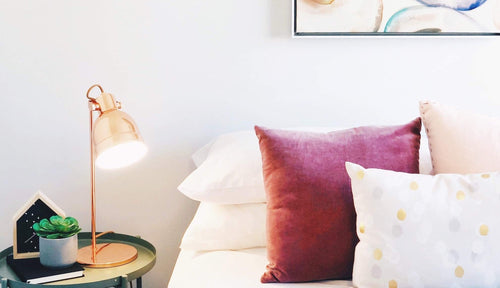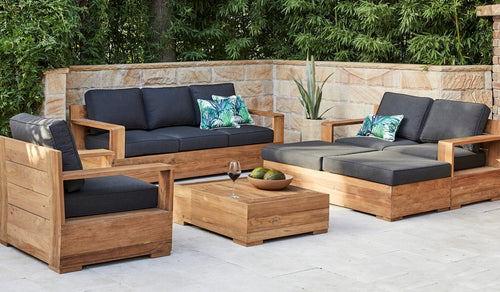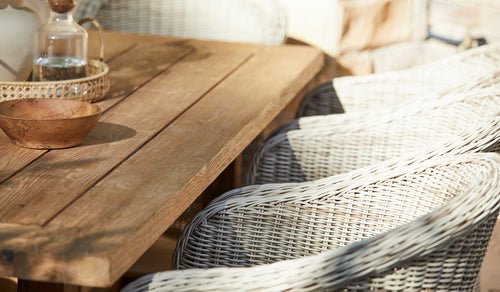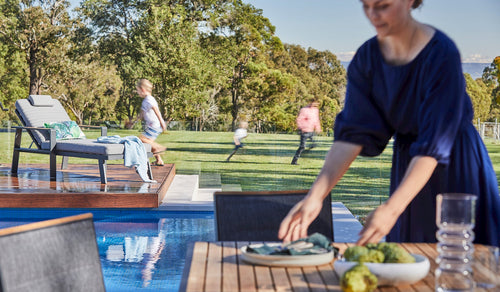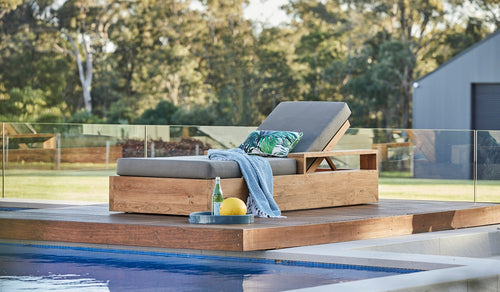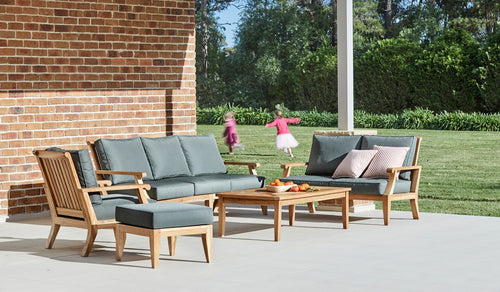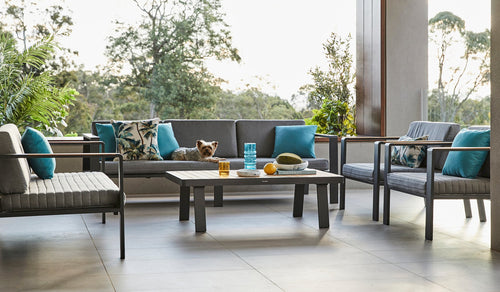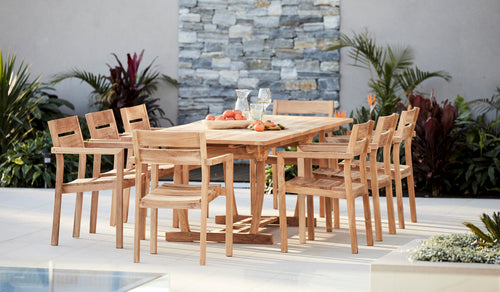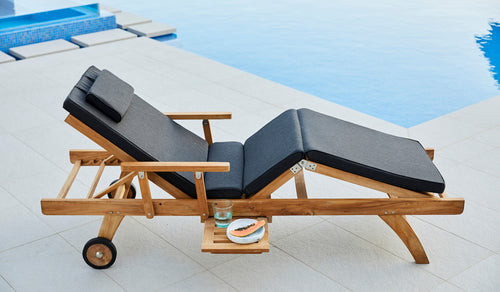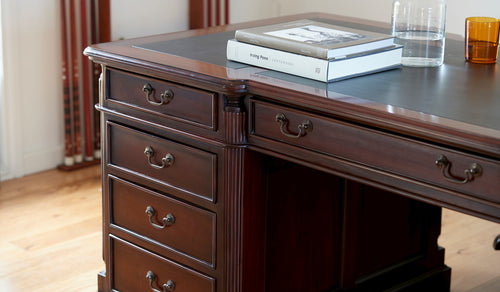
Interview: key aspects of interior design with Chris Catarino
In our previous interview, Chris Catarino shared his thoughts and explanations on the art of Property Styling.
In part two, Chris shares his expertise around interior design:
What are some of the key things that make a house look and feel like a home?
Chris: The most important elements for making a house feel like a ‘home’ are the little things, the details. It's easy to buy large furniture pieces and throw them in a space – the detail of how you position those pieces within the space, for function and flow is what really matters.
If you have small children, you should look for durable furniture that can take a beating and hide the daily use effectively. If you're looking for more formal show-piece spaces, you might splurge on something that really makes a statement. I personally love spending more on key pieces that really make a statement and surrounding them with more budget friendly options.
The second step in making your space feel like a home are the specific choices of soft furnishings. This can include cushions, rugs, and throws – mixed with decorative elements such as specific accessories, greenery, and artworks. The right combination can tie the scheme together.
 Decorating with a splash of greenery and using bold coloured cushions can warm up a space to help make that transition of house to home
Decorating with a splash of greenery and using bold coloured cushions can warm up a space to help make that transition of house to homeYour home should reflect your personality and showcase the things that mean something to you. You should feel encouraged to mix in unique elements and pieces that represent you, this is what makes you, you! They can also become great conversation starters for those you invite into your space.
What are some of the common mistakes that DIYers make with interior design?
Chris: I find a lot of DIYers struggle with two things, scale and balance. When it comes to the details of creating a beautiful and functioning space, scale and balance are extremely important.
If the room is small and you put an oversized lounge in it but can't fit anything else, it will be impossible for that to ever feel right. Likewise, if you have a large bed or headboard and tiny bedside lamps, or no lamps at all, then the balance of the space will feel off.
Some key pointers to scale correctly is to think about how things flow from one piece to the next. We use the rule of triangles and groups of three in descending order to make a well-balanced and scaled scheme that looks and feels smooth.
What are some core principles that you recommend when people are choosing a new design?
Chris: Before coming up with a design, think about who will occupy the space, and how it will be used. Consider the layout and how the spaces will naturally flow from room to room.
Creating a focal point for each room is a great way to help you plan around what you’ll require for that space and will inform how you will decorate it.
For a formal living room, you might use your focal point as a conversational area around a fireplace. In a family room you could incorporate a large corner lounge focused on a media centre for movie nights and relaxation. A study or library space might have a beautiful statement desk as its focal, with bookcases equally mixed with books surrounding it with themed decor and a set of reading chairs.
Remember scale and balance, and the finer details to complete a look that is uniquely you and makes you want to spend time in your own space.
And don’t forget your outdoor spaces. The Aussie backyard has been a staple in our family culture growing up and these days there is less and less separation between the indoors and outdoors. So it makes sense to invest in durable and well-designed outdoor lounge and dining furniture settings to make the most of those well used spaces and make spending hours in the great outdoors enjoyable for all. Some of the best products for outdoor areas are teak (for that natural look with the advantage of its high natural oil content for weather resistance), aluminium (for its contemporary look and easy to clean durability), and synthetic UV protected wicker (great for that relaxed look and durability).

The space you create should have details that make it uniquely you, and that make you want to spend time within that space.
How did you get into interior design?
Chris: Honestly, it was a bit of a fluke. I originally graduated from university with a degree in architecture and was interviewing at architectural firms after graduating. I landed a position at an International Architectural and Interiors firm, which primarily focused on hospitality interior design projects like hotels, casinos, and restaurants around the world.
I was hired for a design coordinator role, primarily working on drawings, plans and admin related aspects of various projects. After a few months in the role, I was given more design-related tasks on projects.
One day I turned up to a team meeting on a new project and my name was listed as the Junior Interior Designer of this project. It's all history from there!
I believe that great design should be a reflection of your story, taking all aspects of daily life and finding a way to marry function with beautiful and elegant design that is uniquely representing you.
Chris spoke about property styling in part one of this series.




